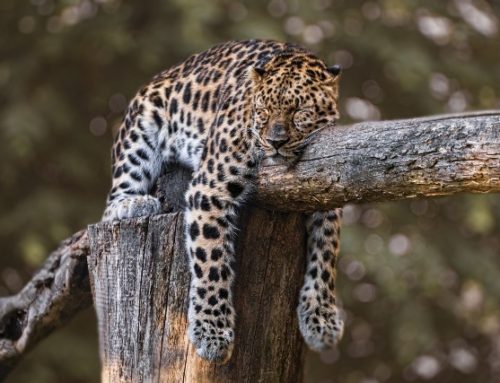Back when my kids were little, we used to watch a whole load of Disney movies with them. One of the perennial favourites was “The Jungle Book.” In it, the snake sang a song called Trust in Me. If I remember correctly, his intent was to hypnotize the main character so he could eat him.
Setting this storyline aside (enough has been said about the underlying message of Disney movies without me adding my voice), the scene itself does raise a message around trust. The choice of a snake to seduce clearly wasn’t a stretch—we’ve been told snakes haven’t been trustworthy since the dawn of time.
We rarely get equivalent messages, however, about whom we should trust. When we’re kids, we’re told to trust our parents and teachers—and sometimes our relatives and siblings—but to be wary of other adults, especially strangers. Thing is, experience often teaches us early on that even those so-called trusted relationships can be slippery slopes. Presuming the adults in our lives are not in some way abusive, they still frequently abuse our trust. They make promises they don’t keep, tell us lies ‘for our own good’, lose their patience, raise their voices. And if the adults in our lives are abusive, well, then, any measure of trust goes out the door.
Is it any wonder, then, that we struggle to trust each other, or even ourselves?
The spectre of self-doubt
I found myself in that particular struggle just recently when I sat down to write a post for this very blog. Although I had a topic in mind that I felt fairly passionate about, the words just wouldn’t come. I kept doubting my approach. The message was unclear. The logic was tenuous. In short, despite my intent, I didn’t trust myself to do a good job.
That might not seem weird to many of you. After all, writing is not intuitive to a lot of folk. Thing is, I don’t have that excuse: I actually write for a living. I’ve been in the content creation business for over 20 years, writing high-level marketing materials for global companies. This stuff is squarely in my wheelhouse, right? Only… not so much.
It’s one thing, I’ve found, to write words that won’t ever be attributed to me. My clients use my copy in their names; mine doesn’t ever appear. It’s quite another thing when it’s my name in the byline. I’m not trying to sell anything here. There’s no formula to fall back on. It’s just me, raw, trying to share my truth. And I don’t trust myself to do it justice.
Through the smokescreen
How do you overcome this type of self-doubt? I suppose some people never do. They just avoid situations where their fears may be triggered, or give up before they can fail, or decide that the goal they had originally set was too ambitious in the first place. Hell, we’ve probably all fallen prey to this at some point in our lives. The key for me, though, is to see through this smokescreen. I’ve found through trial and error that living in fear and self-doubt isn’t really living at all. It feels more like cowering and it’s just no damn fun.
So when I’m experiencing a crisis of faith, I take the less intuitive path: I open up wide. I lower my shoulders, loosen my jaw, uncross my legs, and open my heart. The only thing I close is my eyes. And then I tap into my inner truth, the still point at my centre, the quiet wisdom that says “You can do this, and you know you can.” And I try again.
Is the outcome always flawless? No. But by trusting myself, I’m granted the opportunity to try again, and each time I try, I get better. Best of all, the act of trusting myself lays the groundwork for the act of trusting others—and when we can do that, beyond the fear of betrayal, we discover the joys of support.





Leave A Comment